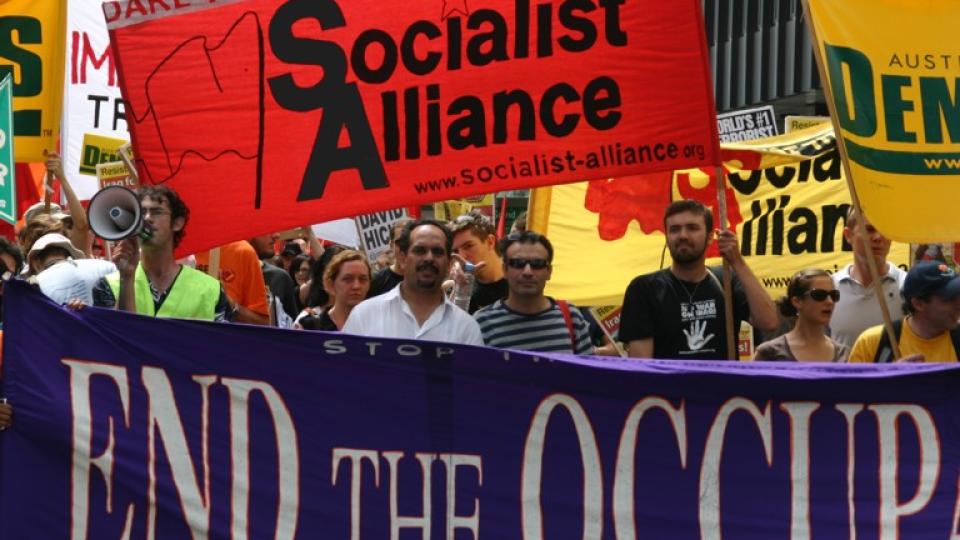Death squads trained at Duntroon — not just a few bad apples

The release on November 19 of the report into Australian war crimes in Afghanistan should be shocking. But it isn't.
The report details war crimes committed by Australian soldiers — particularly those in the “elite” Special Air Service Regiment (SAS) — while serving in Afghanistan. These war crimes involve 36 incidents, involving 25 individually identified officers, and 39 murders.
Nineteen individuals have been referred to the Australian Federal Police for investigation in relation to potential criminal charges.
The lead author of the four and a half year investigation, Major General Paul Brereton, was quoted by the ABC as saying that none of these incidents could be described as “disputable decisions made under pressure in the heat of battle.
“The cases in which it has been found that there is credible information of a war crime are ones where it was, or should have been, plain that the person killed was a non-combatant.”
This should not come as a surprise. No one should be under any doubt that the reported "incidents" of cruelty and murder involving Australian SAS personnel are just the tip of the iceberg.
Human rights abuses and war crimes committed by individual soldiers are inevitable when the overall project — in this case the invasion and occupation of Afghanistan — is itself an immoral act.
Those who campaigned against the invasion of Afghanistan, back in 2001, said as much at the time.
It should be noted that the original invasion of Afghanistan was not only immoral, it was illegal.
It is often claimed that the United Nations authorised the invasion. This did not in fact happen until well over a month afterwards (and that is not the only reason to dispute the war’s legality).
Mainstream commentary accompanying the release of the redacted Brereton report involves contrite apologies including that “We are all diminished by it”, and promises to make amends.
Certainly individuals who have committed war crimes should be held accountable for their actions. But that is not enough.
Talk about “culture change” in the military is vague, and also not enough.
The Australian military is not set up to serve ordinary people: it is a tool of the state to serve its imperialist designs, most immediately in the Asia Pacific (where the Prime Minister has just announced a new military pact with Japan). It is also used to support United States’ imperialist adventures around the world.
Australians deserve more than token and superficial changes: this report should provide the impetus to fundamentally curtail and refashion the military, including abolishing the SAS.
Calling them "elite" officers is just a polite way to obscure the fact that there are death squads in the Australian military.
The military budget should be massively reduced. Halving it would be a good start, with further cuts to follow.
At the moment, tens of billions of dollars spent on unnecessary submarines and worse than useless fighter jets, when that funding could be better deployed to urgent social needs as well as increasing foreign aid and expanding emergency services. These are all real and pressing needs, and would help make us safer from the real threat to lives and livelihoods — climate change.
There is no credible military threat to Australia, and this is not likely to change any time soon. The military in this country is an aggressive force: this makes us less safe.
The late songwriter Alistair Hulett used the phrase “death squads trained in Duntroon” in his 1994 song "Good Morning Bougainville". This is an apt description. Australia’s military involvement on Bougainville is just one of many examples which prove that Australian war crimes are nothing new.
[A version of this article first appeared in Green Left in the fighting fund column.]